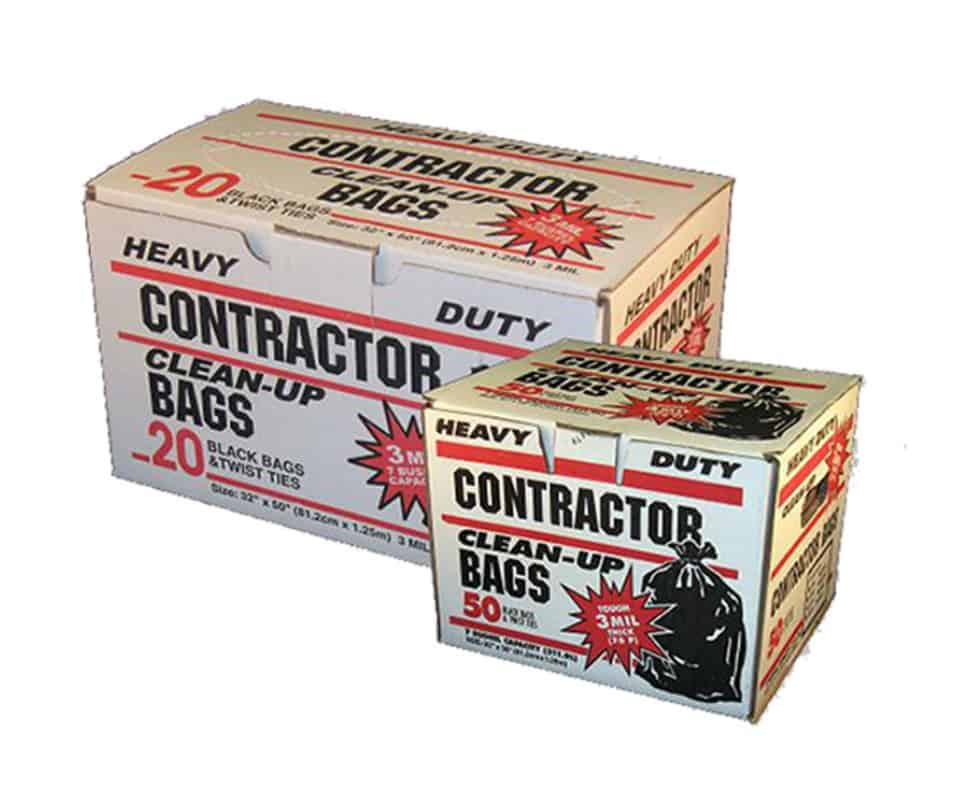

A customs broker plays a vital role in international trade by facilitating the movement of goods across borders.
Their primary responsibility is to ensure that shipments comply with all relevant customs regulations and requirements.
This article is mainly on the topic of customs clearance, understanding rules, compliance, documentation, and avoiding expensive mistakes.

Importing goods from overseas can save you a lot of money – making you or your company more profitable. Ordering products, especially a large quantity of products requires a lot of knowledge and experience.
No matter how many times you engage in an import deal, you don’t want to be your own importing agent. Here’s a list of what they do for you:
Customs brokers acts as a knowledgeable and experienced ally for businesses engaged in international trade. The expense is far less than the risk of doing it yourself.



Signup to be the first to hear about exclusive deals, special offers and upcoming collections